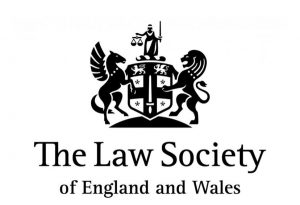
In the aftermath of separation or divorce, ensuring the welfare of your children is paramount. A Family Assistance Order (FAO) under Section 16 of the Children Act 1989 may be the lifeline you need.
When child contact issues become overwhelming, the court may intervene, appointing a dedicated CAFCASS officer or local authority representative to shepherd your family towards a resolution.
Understanding When an FAO is Vital
At the heart of an FAO is the child’s best interest, often during private law proceedings where parents grapple over child contact arrangements. The court’s goal? To foster child access and mend frayed familial bonds, potentially alienated due to familial upheavals.
Your Role in the FAO Process
The success of an FAO hinges on consent and cooperation. It’s a collective effort, requiring commitment from both parents to work alongside the appointed officer. Your openness to guidance, your child’s voice, and a willingness to place your child’s needs first, are crucial steps towards a positive outcome.
Who Stands by Your Child in an FAO?
FAOs are inclusive, naming parents, guardians, individuals with contact orders, and even the children themselves. However, a noteworthy point is that the court seeks consensus from all named parties, bar the children, before an FAO is put in place.
The Path
The route to obtaining an FAO is not through direct application; rather, it emerges at the recommendation of CAFCASS or the presiding judge. The focus is on targeted support where it’s most needed.
The Lifespan of an FAO: What to Expect
Typically, an FAO spans 12 months, but the court has discretion to adjust this timeframe to best suit the child’s needs.
Making the FAO Work for Your Family
Success under an FAO involves a collaborative approach, beginning with a clear action plan. The court, alongside CAFCASS, outlines roles and expectations, ensuring everyone is aligned with the child’s best interest. Adel Jibs & Co can assist in this strategic planning phase to maximise the effectiveness of the FAO.
Adel Jibs & Co: Your Ally in Family Law
At Adel Jibs & Co, we specialise in family court matters, offering assistance in navigating the FAO process. From drafting pivotal applications to providing court representation, our legal team is committed to securing the best possible outcomes for your family.
While this article is not a substitute for legal advice, it is your invitation to begin a conversation with us. For comprehensive guidance and representation, reach out to us at info@adeljibssolicitors.co.uk or call 02043173859.


